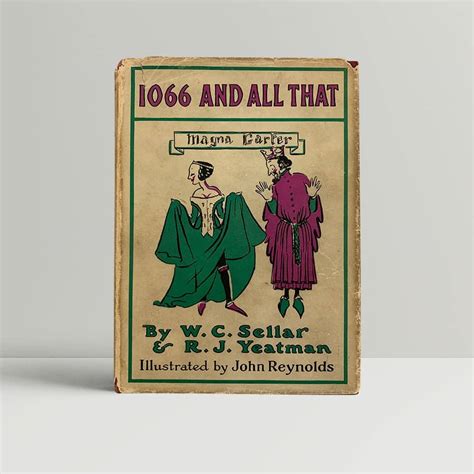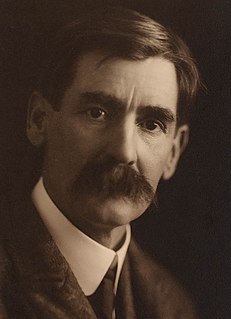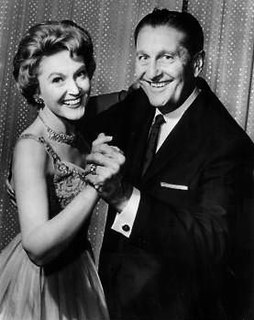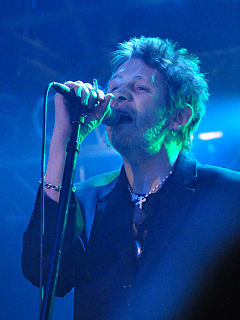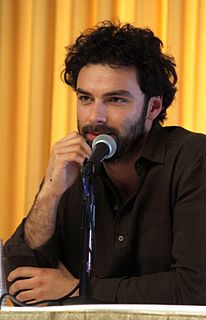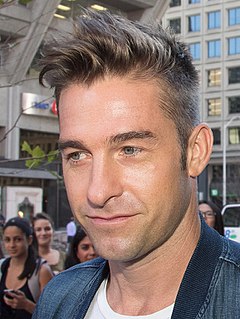A Quote by Adrian Carton de Wiart
For dash and gallantry the bloodthirsty Scots, Australians and Canadians led the way, with the impetuous Irish close behind. The Australian to my mind were the most aggressive, and managed to keep their form in spite of their questionable discipline. Out of the line they were undoubtedly difficult to handle, but once in it they loved a fight. They were a curious mixture of toughness and sentimentality.
Related Quotes
We once discussed which were the cleanest troops in the trenches, taken by nationalities. We agreed on a descending-order like this: English and German Protestants; Northern Irish, Welsh and Canadians; Irish and German Catholics; Scots; Mohammedan Indians; Algerians; Portugese; Belgians; French. We put the Belgians and French there for spite; they could not have been dirtier than the Algerians and the Portugese.
My mother and my father had very, very strong Scots accents. We were Australian, and in those days when I was young, I spoke with a much more of an Australian accent than I have now. However I knew that if I went to England to become an actor, which I was determined to, I knew that I had to get rid of the Australian accent. We were colonials, we were Down Under somewhere, we were those little people Over There. But I was determined to become an Englishman. So I did.
We remember those who were called upon to give all a person can give, and we remember those who were prepared to make that sacrifice if it were demanded of them in the line of duty, though it never was. Most of all, we remember the devotion and gallantry with which all of them ennobled their nation as they became champions of a noble cause.
We were always told we were one step behind Deep Purple, one step behind Led Zeppelin, one step behind everybody. Our manager didn't want to let us know how popular we were. It's only after we did Ozzfest that people started telling me stuff. I thought they were taking the piss. People would come up to me and go, "Respect."
After all, in both languages we were dealing in large measure not with English and French, but with Scots and Irish, Bretons and Normans ... There could be no more eloquent illustration of the colonial mind-set than a bunch of Celts and Vikings in a distant northern territory insulting each other as les Anglais and the French as if they were the descendants of the people who had subjected and ruined them.
I was a lonely child. My brother Tony and I were never very close, neither as children nor as adults, but I was tightly bound to him. We were forced to be together because we were really quite alone. We were in the middle of the Irish countryside, in County Galway, in the West of Ireland, and we didn't see many other kids.
I wouldn't say the anthropologists were making art, but they were definitely justifying their practices with very personal reasoning, passion, and they were also experimenting with form. There was a sense of trying to be as sincere as possible, whether you were investigating something far away from you or very close.

